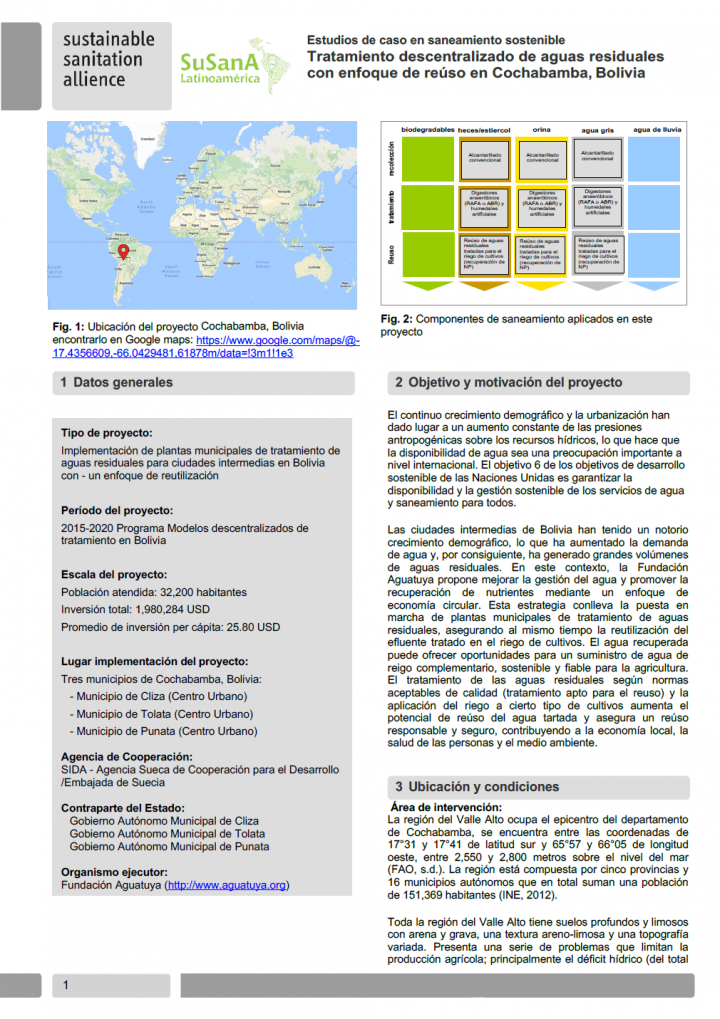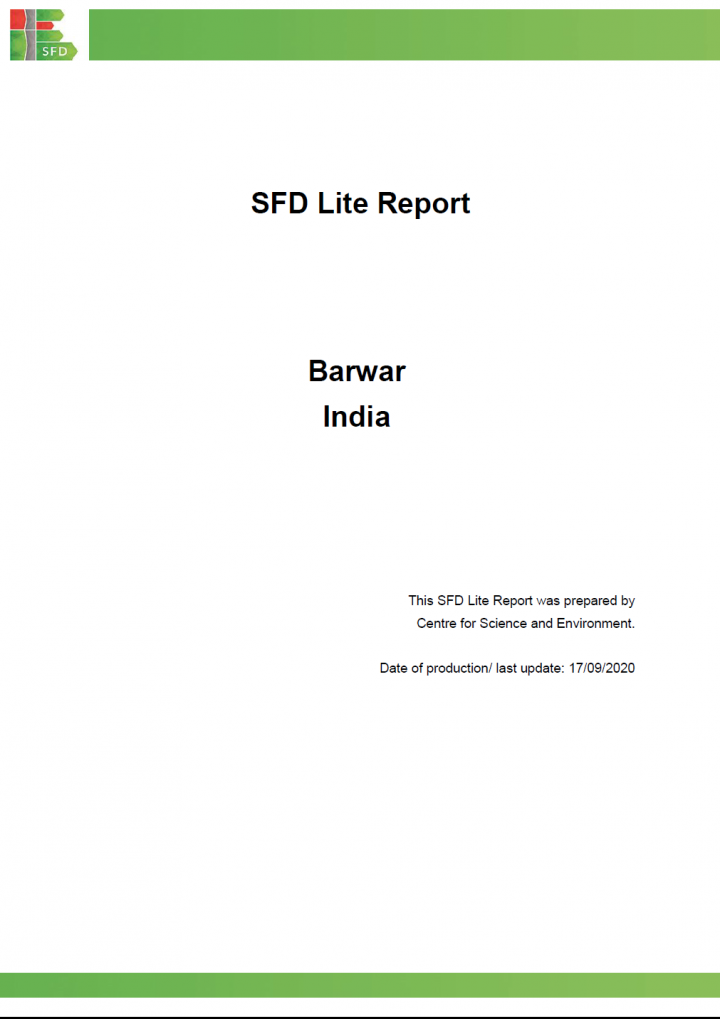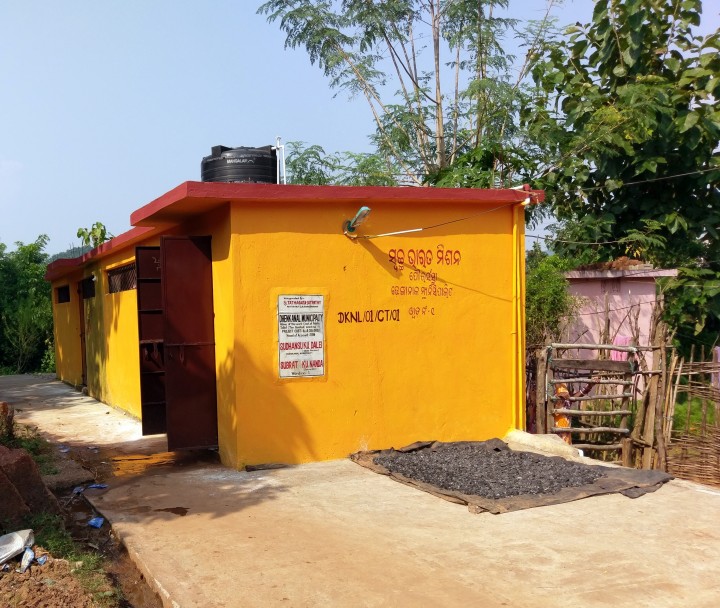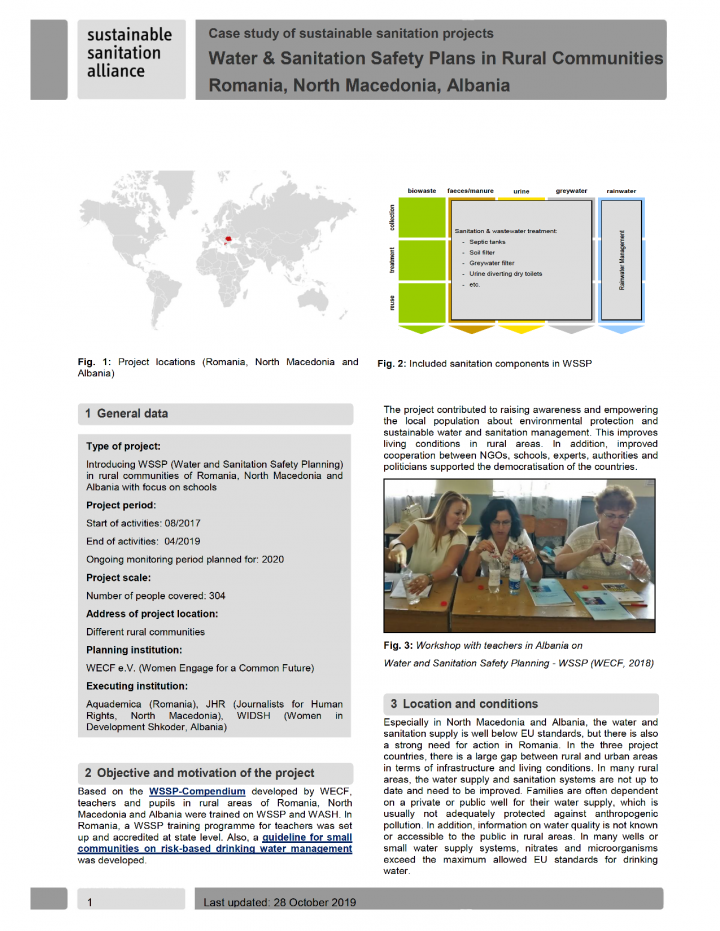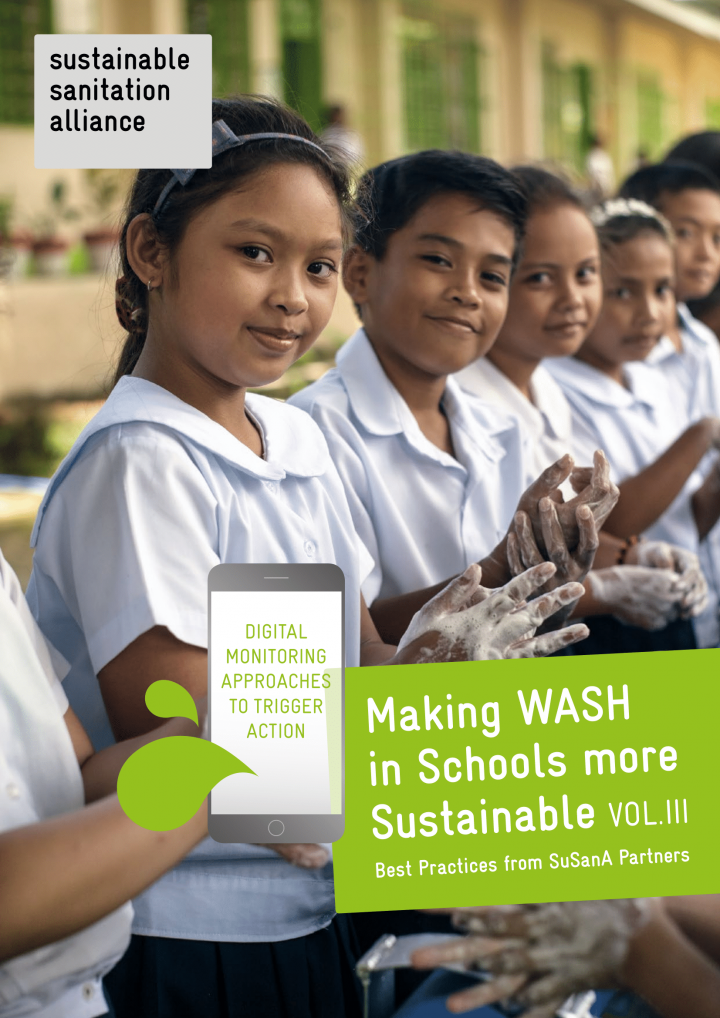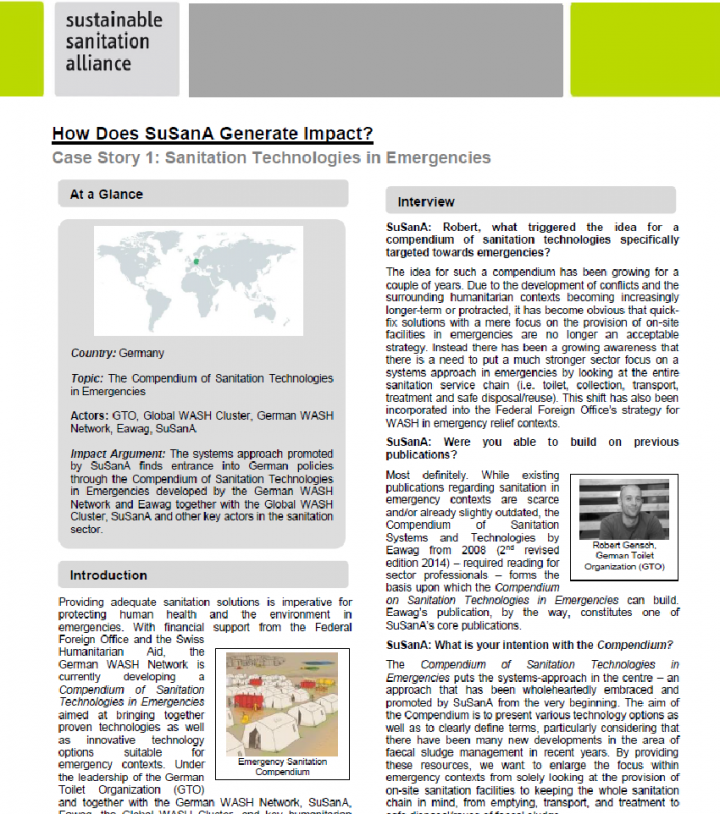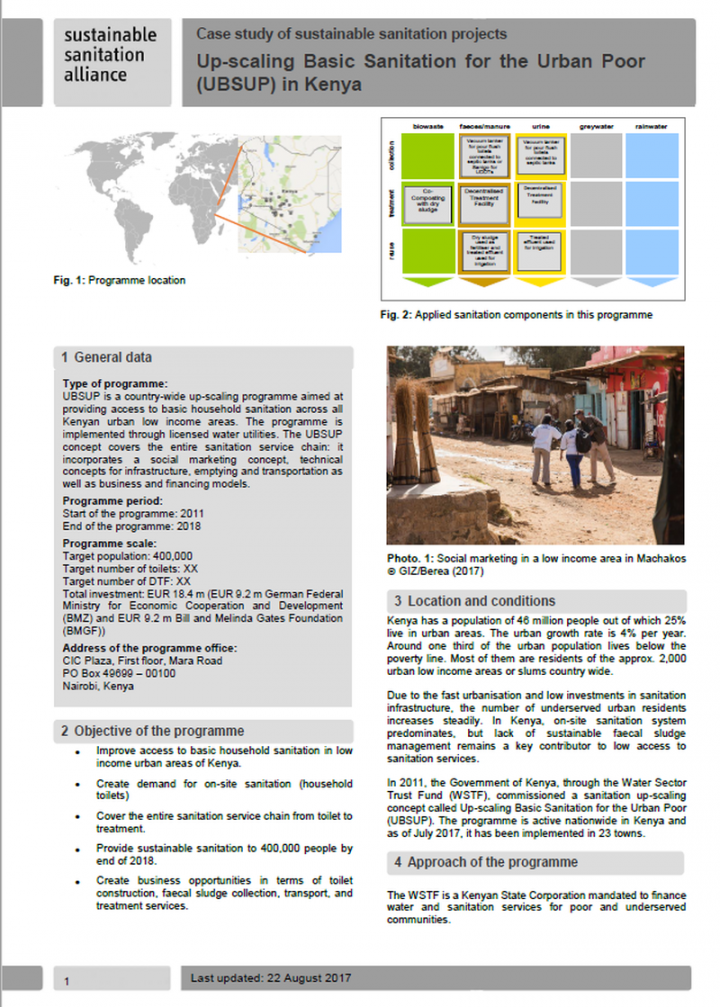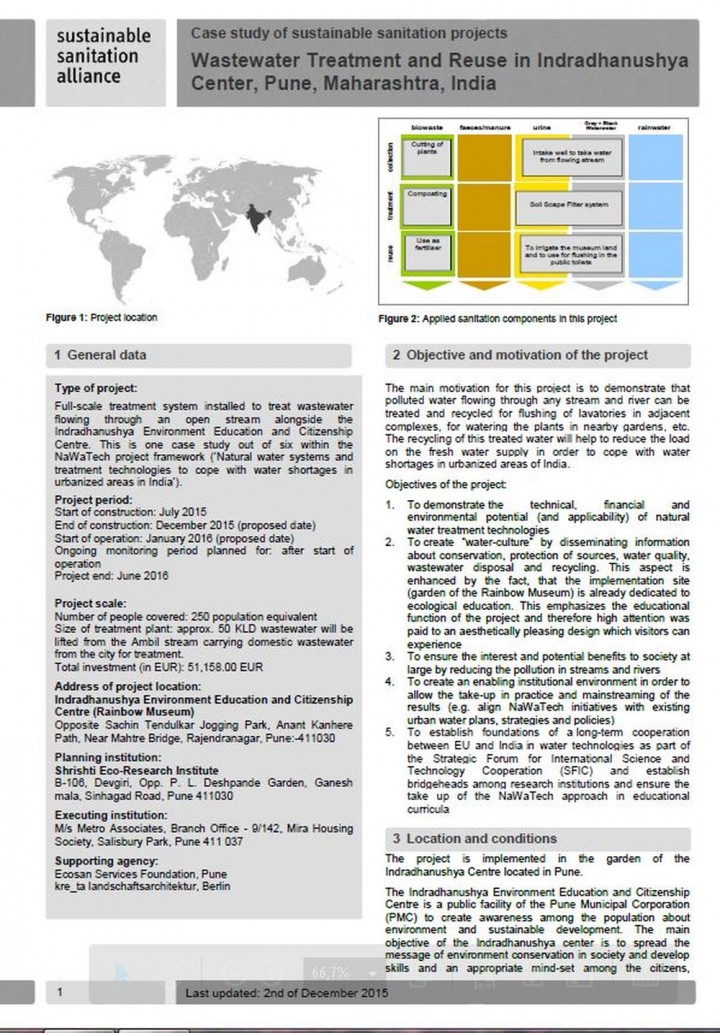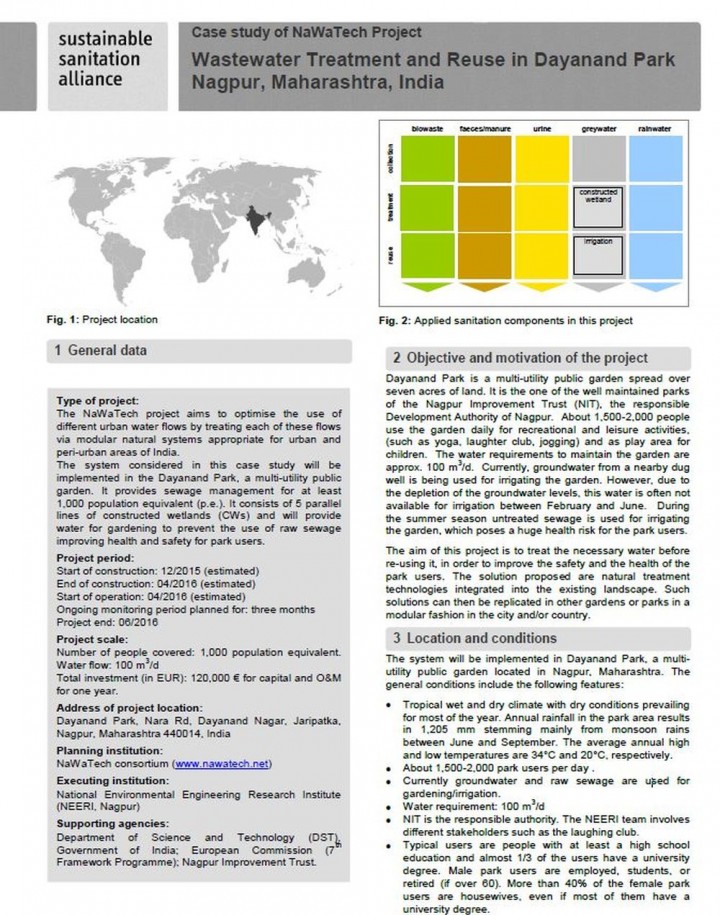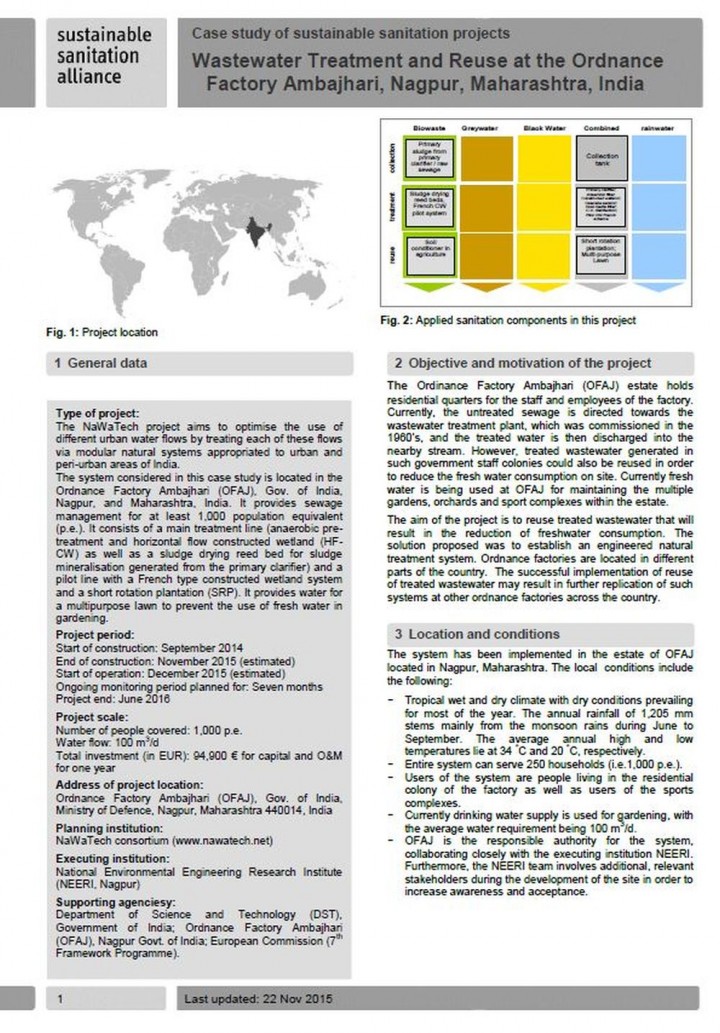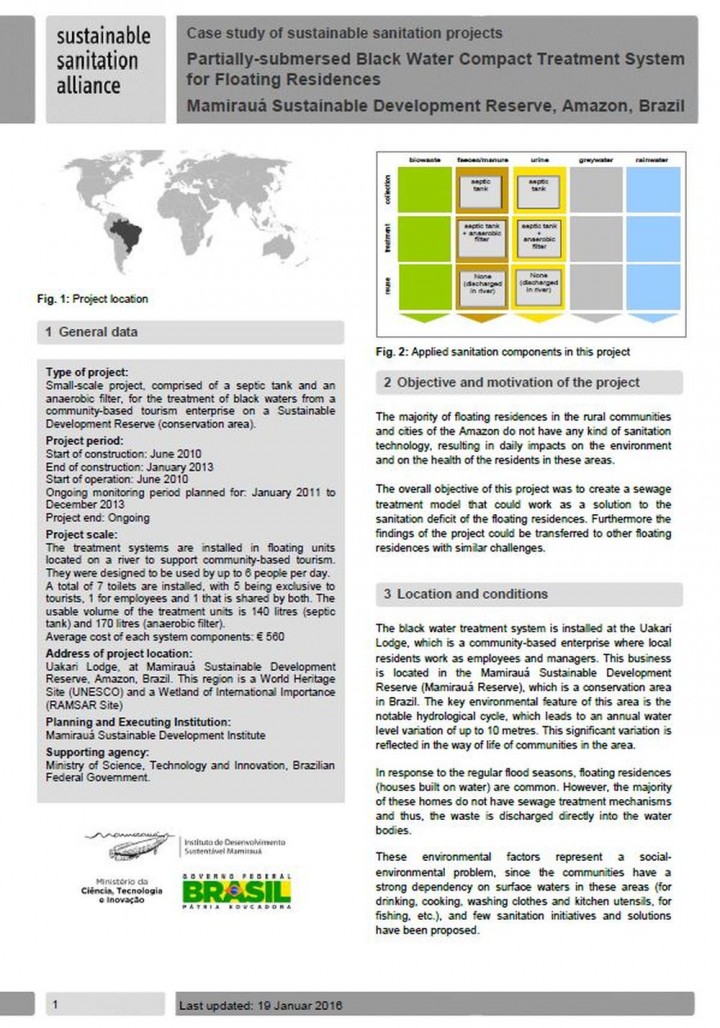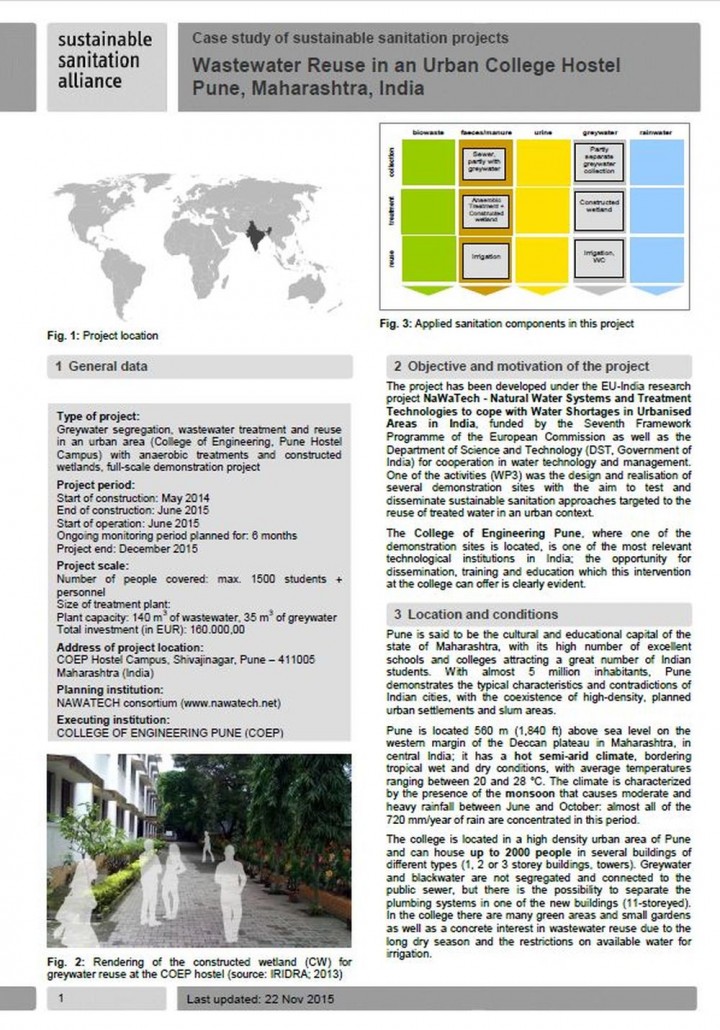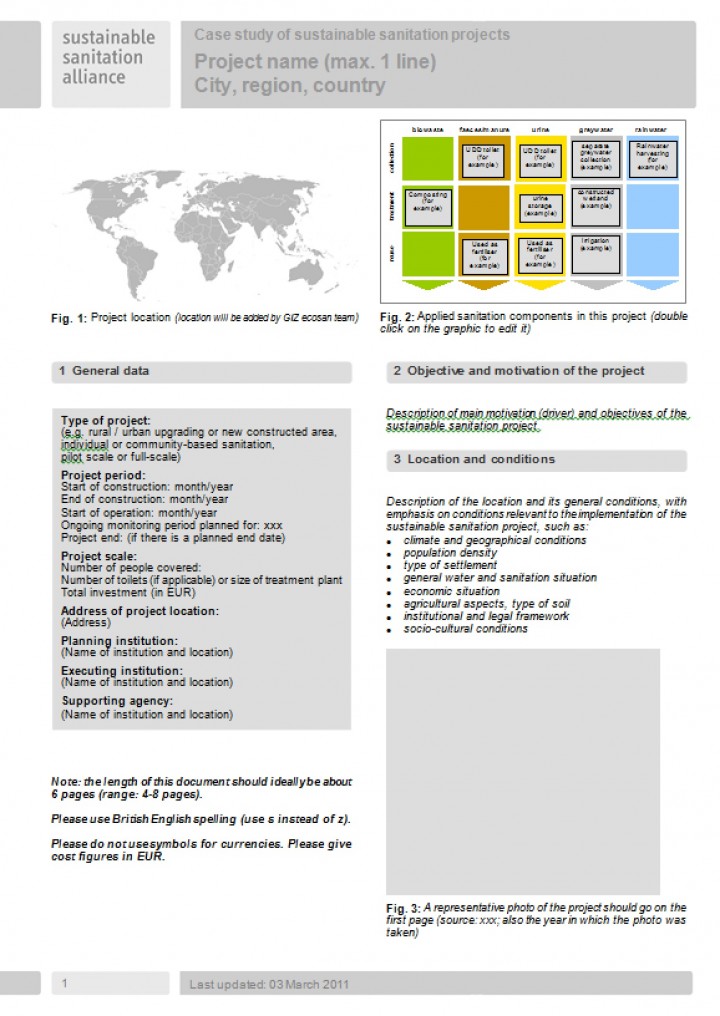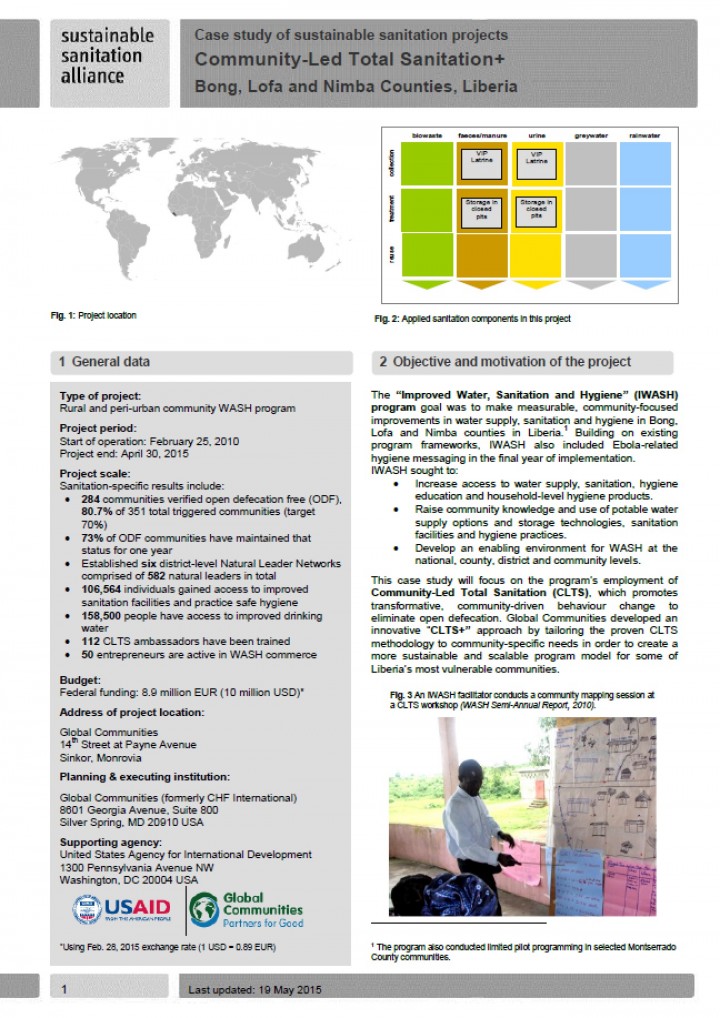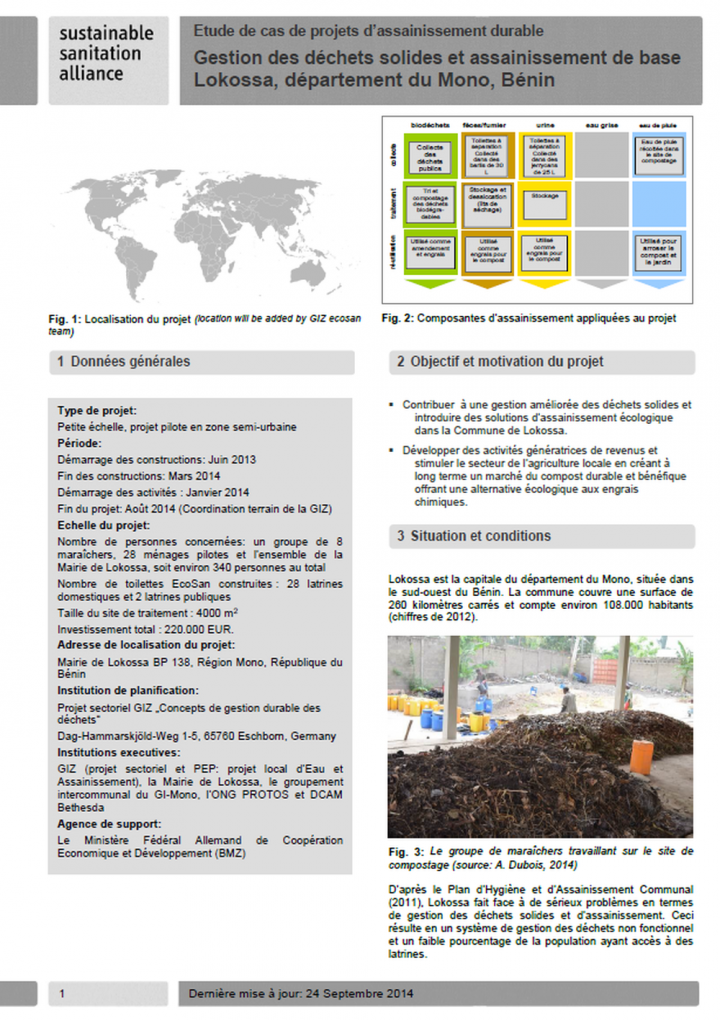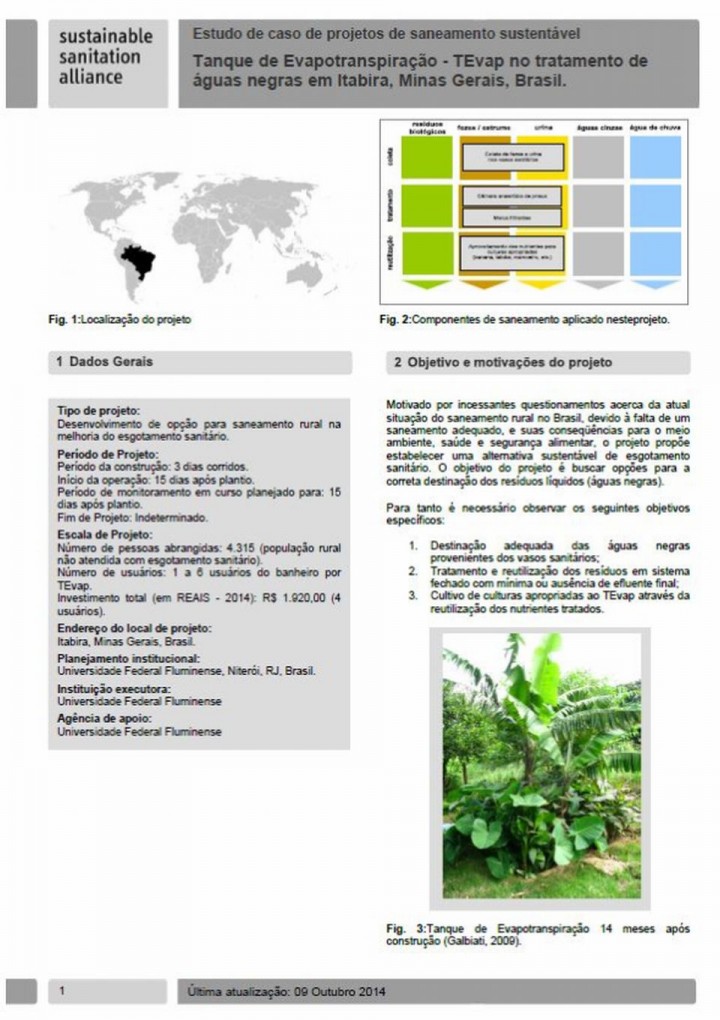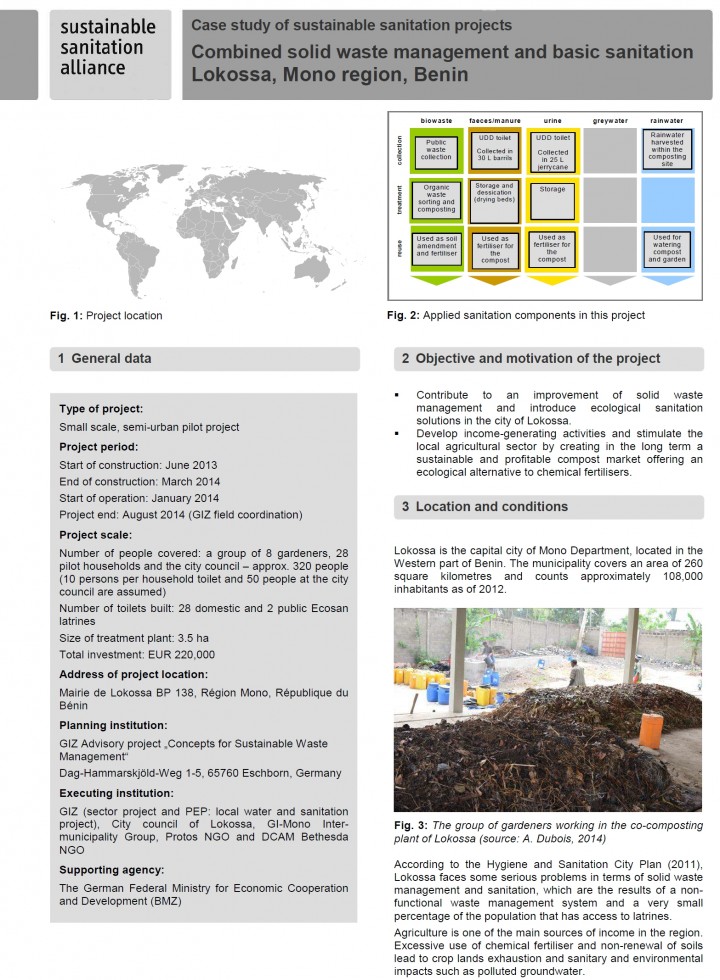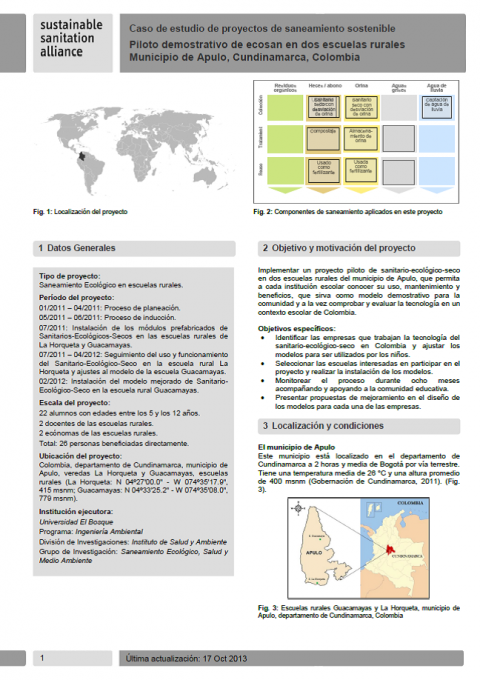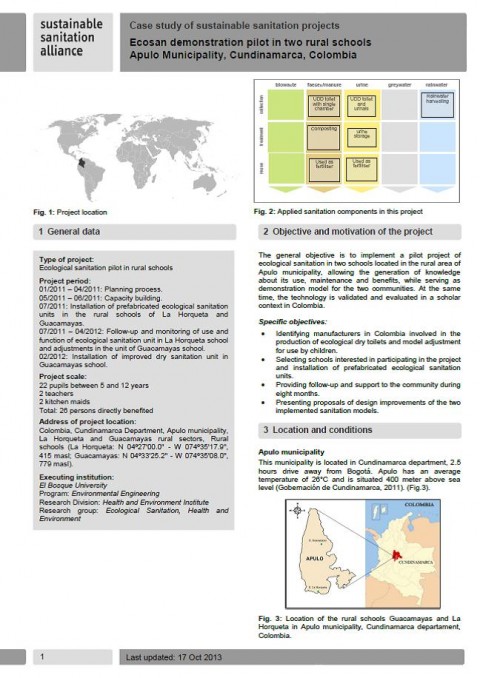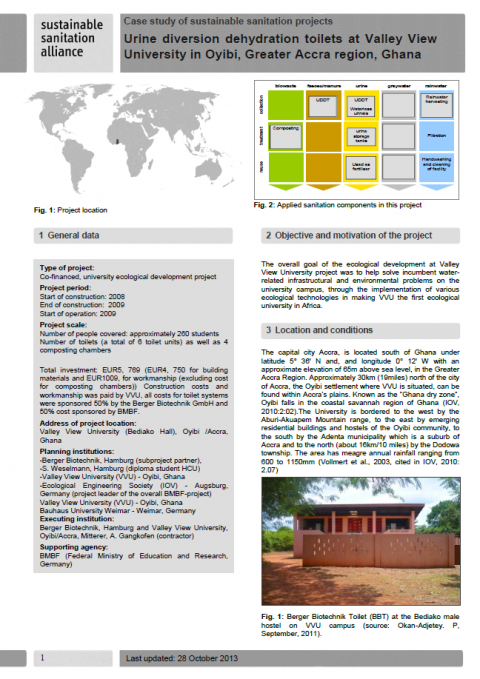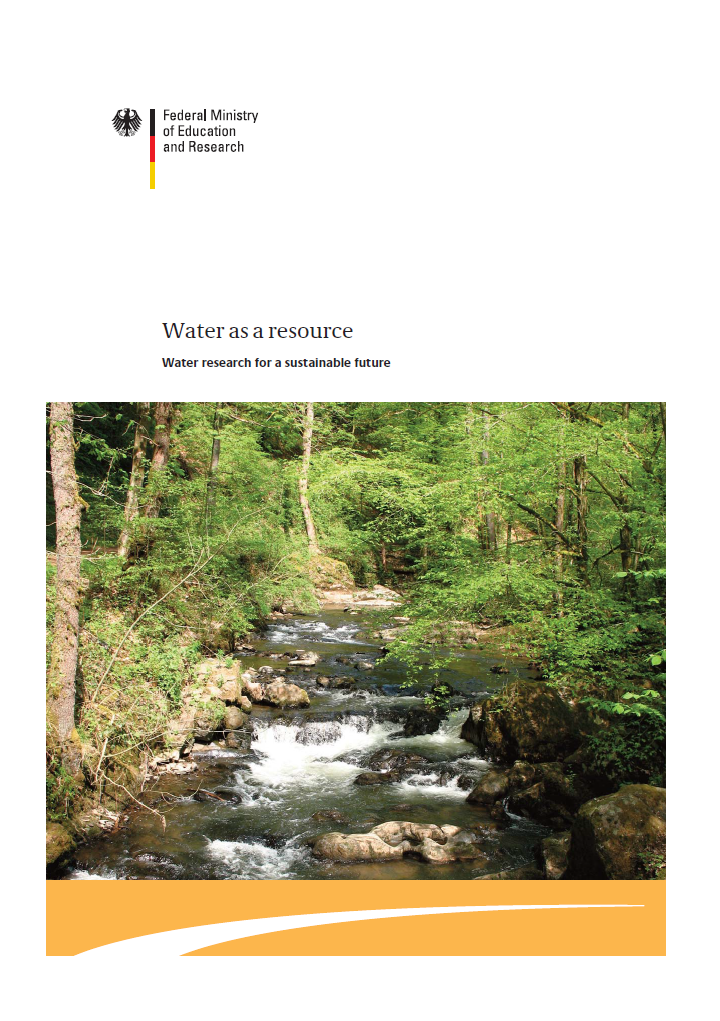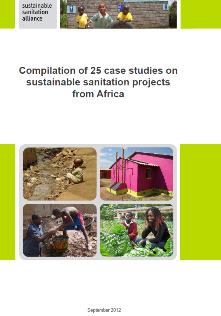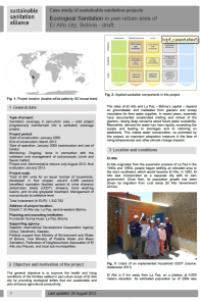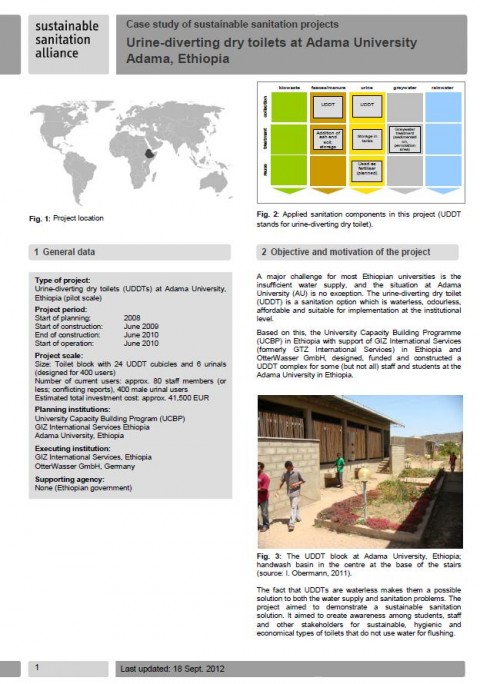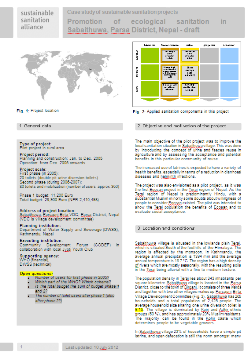Searching for information on Sanitation Workers?
The Sanitation Workers Knowledge + Learning Hub is the best source for all current news, trends, articles and updates on sanitation workers rights around the world.
El continuo crecimiento demográfico y la urbanización han dado lugar a un aumento constante de las presiones antropogénicas sobre los recursos hídricos, lo que hace que la disponibilidad de agua sea una preocupación importante a nivel internacional. El objetivo 6 de los objetivos de desarrollo sostenible de las Naciones Unidas es garantizar la disponibilidad y la gestión sostenible de los …
Barwar is a town and a Nagar Panchayat in Lakhimpur Kheri District in the state of Uttar Pradesh It is a crowded town situated near Shahjanhanpur. The Gomti river flows through the town. The town is divided into 11 wards.
As per Census 2011, Barwar has a population of 14,196 residing in 1,229 households. The population of the city as per Swachh Survekshan (Country wide annual ranking mechanism …
From 14th October to 24th November, 2020, the India Chapter of SuSanA conducted a thematic online discussion and webinar on Operation and Maintenance Opportunities in Rural Community Sanitary Complexes. This was to support efforts of a task force to provide inputs to the Ministry of Jal Shakti, Government of India under Swachh Bharat Mission Phase II. In addition, the Chapter conducted a webinar …
Based on the WSSP-Compendium developed by WECF, teachers and pupils in rural areas of Romania, North Macedonia and Albania were trained on WSSP and WASH. In Romania, a WSSP training programme for teachers was set up and accredited at state level. Also, a guideline for small communities on risk-based drinking water management was developed. The project contributed to raising awareness and …
This publication is the follow up of the first and second volume of WASH in Schools best practices by SuSanA partners. This third volume focuses on the topic of monitoring and evaluation (M&E). The aim is to show how digital approaches for M&E can be used to trigger action for improvements in WASH in Schools.
It introduces the WHO/UNICEF JMP core and expanded questions and indicators for …
Selected sanitation projects from different parts of the world were requested to report on how SuSanA had influenced the work carried out. This resulted in a variety of evidence indicating that SuSanA can have a far-reaching effect providing expertise, convenor of meetings, a source of online information, networked contacts, discussion platform and a place to disseminate reports and …
This case study describes the Upscaling Basic Sanitation for the Urban Poor (UBSUP) programme, which is a country-wide up-scaling intervention aimed at providing access to basic household sanitation in urban low income areas of Kenya. UBSUP is anchored at the Water Sector Trust Fund with technical support from GIZ and funding from the Bill and Melinda Gates Foundation and the German Government …
The main motivation for this project is to demonstrate that polluted water flowing through any stream and river can be treated and recycled for flushing of lavatories in adjacent complexes, for watering the plants in nearby gardens, etc. The recycling of this treated water will help to reduce the load on the fresh water supply in order to cope with water shortages in urbanized areas of …
Dayanand Park is a multi-utility public garden spread over seven acres of land. It is the one of the well maintained parks of the Nagpur Improvement Trust (NIT), the responsible Development Authority of Nagpur. About 1,500-2,000 People use the garden daily for recreational and leisure activities, (such as yoga, laughter club, jogging) and as play area for children. The water requirements to …
The Ordinance Factory Ambajhari (OFAJ) estate holds residential quarters for the staff and employees of the factory. Currently, the untreated sewage is directed towards the wastewater treatment plant, which was commissioned in the 1960’s, and the treated water is then discharged into the nearby stream. However, treated wastewater generated in such government staff colonies could also be reused …
The majority of floating residences in the rural communities and cities of the Amazon do not have any kind of sanitation technology, resulting in daily impacts on the Environment and on the health of the residents in these areas.
The overall objective of this project was to create a sewage treatment model that could work as a solution to the sanitation deficit of the floating residences. …
The project has been developed under the EU-India Research project NaWaTech - Natural Water Systems and Treatment Technologies to cope with Water Shortages in Urbanised Areas in India, funded by the Seventh Framework Programme of the European Commission as well as the Department of Science and Technology (DST, Government of India) for cooperation in water technology and management. One of the …
Type de projet: Petite échelle, projet pilote en zone semi-urbaine
Période: Démarrage des constructions: Juin 2013
Fin des constructions: Mars 2014
Démarrage des activités : Janvier 2014
Fin du projet: Août 2014 (Coordination terrain de la GIZ)
Objectif et motivation du projet:
-Contribuer à une gestion améliorée des déchets solides et introduire des solutions d’assainissement …
In Portuguese:
Motivado por incessantes questionamentos acerca da atual situação do saneamento rural no Brasil, devido à falta de um saneamento adequado, e suas conseqüências para o meio ambiente, saúde e segurança alimentar, o projeto propõe estabelecer uma alternativa sustentável de esgotamento sanitário. O objetivo do projeto é buscar opções para a correta destinação dos …
This case study describes a combined waste management and sustainable sanitation project conducted by GIZ in Lokossa, Mono region, Benin. The project has been developed by the GIZ advisory project “Concepts for Sustainable Waste Management” in cooperation with the GIZ Water and Sanitation Programme (PEP) of Benin. Local partners include the municipality of Lokossa, the NGOs Protos, DCAM …
Knowledge of new sanitary systems is growing in Germany. However, further research and development is required for all system components before production can begin. The “Sanitary recycling Eschborn” was helping to achieve this: the focus of its work is on how to implement the alternative solution approach and use wastewater in an environmentally compatible manner. A federally owned company …

